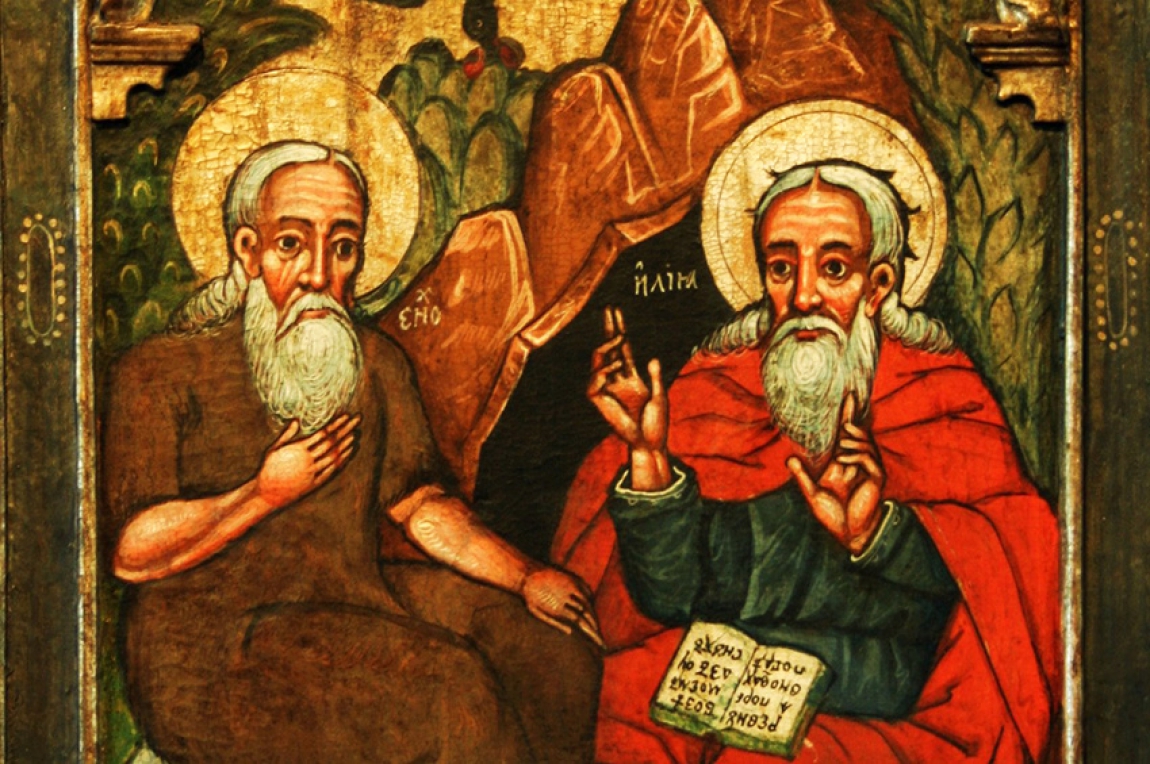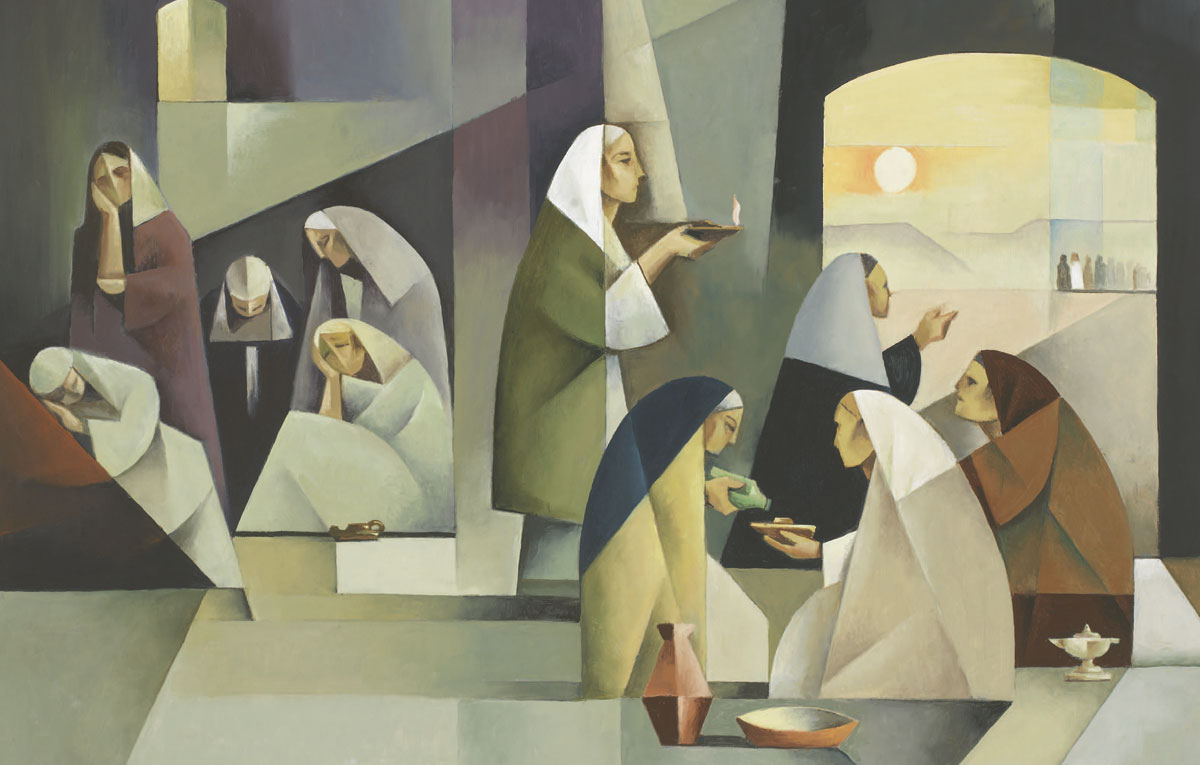
…then Jesus sent two disciples, saying to them, “Go into the village opposite you, and immediately you will find a donkey tied, and a colt with her. Loose them and bring them to Me. And if anyone says anything to you, you shall say, ‘The Lord has need of them,’ and immediately he will send them.”
Why did Jesus send two disciples? There’s the obvious reason, to get the two animals. But there’s another possible reason related to the testimony of two or three witnesses. The two disciples had a potential speaking mission. Where there are speaking missions, there is witnessing; where there is witnessing, you need at least two.
So much of the Christian faith is rooted in this seemingly innocuous legal doctrine that testimony needs to have the support of two or three witnesses. Jesus Himself said that the Father and the Son are guarantees of the witness of the Gospel. “I am One who bears witness of Myself, and the Father who sent Me bears witness of Me.”
The disciples were often sent out two by two, and arguably the reason for the Twelve was to have three witnesses per the four directions. Truth is a communal possession. Truth is not self-generated. Truth is objectively testified to, not subjectively projected. This even goes back to the Triune nature of God Himself.
This not only assures the validity of what is testified to, but it also keeps the truth tamper free. Think about it, particularly when something strange happens, or something strange is said, a subjective handling of that message by one person will put all sorts of “spin” on it, as the subject projects meaning onto the inexplicable. Two or three people have to go through a lot of steps to conspire together and come up with a cohesive spin on the truth. Of course it happens, but it’s far more difficult to make happen.
The Gospel is a strange event with lots of strange sayings. The Gnostic way would be to place interpretation of its truths under the management of charismatic or enlightened subjects who have attained some sort of insight into truth they can project onto how they understand that truth. The Christian way is to testify, to confess, to recount what was done or said, no matter how odd or strange, and unlike the Gnostic message which arises from Self, this is a message attested to from the outside. And to guarantee accuracy, two or three is best.
Jesus wanted a donkey and colt. That’s sort of a strange request out of the blue. Had Jesus told the two disciples simply to secure the animals, and do whatever it takes, who knows what sort of shenanigans they may have gotten into, bargaining or arguing with the animals’ owner that they have a right to the animals.
Instead, Jesus gave them the exact words to say. They were merely testifying to the word Jesus gave them. By doing this, Jesus took the subjective out of it. The disciples were merely middle men, messengers. They wouldn’t be the basis and power behind the word, but the word itself, with Jesus’ weight behind it, would do the work. That is the proper way the Gospel message and elements of the liturgy are supposed to work.
“Do this” says Jesus regarding the liturgical elements of Holy Communion. Do what? What He had just done, which is take bread and speak “This is my body” over it. The word will do the rest. When people add their own spin, they take over management of the event, and Jesus loses control. When Jesus’ words are simply passed on (as St. Paul did in I Corinthians 11), who knows what will happen; people might start believing in the real presence (as often happens in Protestant churches where the words are simply conveyed without subjective interpretation)! Jesus retains control and the sheep are able to hear properly what their Shepherd is saying.
In the case of this Palm Sunday passage, the word did the work. How? We can’t know for sure. Did the owner of the donkey and colt buy these animals with the intent purpose of preparing them for their messianic fulfillment, in lieu of the Zechariah prophecy quoted by Matthew? Did the owner previously know Jesus? Or maybe the word had a miraculous effect on whoever asked about it. Who knows. We don’t even know the two disciples who delivered Jesus’ message.
But what we do know is that the disciples were bearing witness of a word of Jesus. As such, at least two were needed. Why? Because the truths of the Gospel are objective, rooted in an “outside of us” Lord, whose “outside of us” existence is a reality because He is located in flesh and blood.
An archetypal or cosmic or psychological understanding of Christ upends that dynamic. Christ is no longer flesh and blood. Christ is no longer “outside of us,” but a subjective projection. Truth is not about testifying to something objective, but about projecting something subjective. And no longer are two needed…just one enlightened person.
Jesus sent two disciples. Which two? It didn’t matter. Truth doesn’t care about personalities. But it does require two or three for validation. And what was that truth? That the Lord has need of a donkey and a colt. As we’ll see next devotion, this itself signaled a pretty huge fulfillment of an Old Testament promise.







